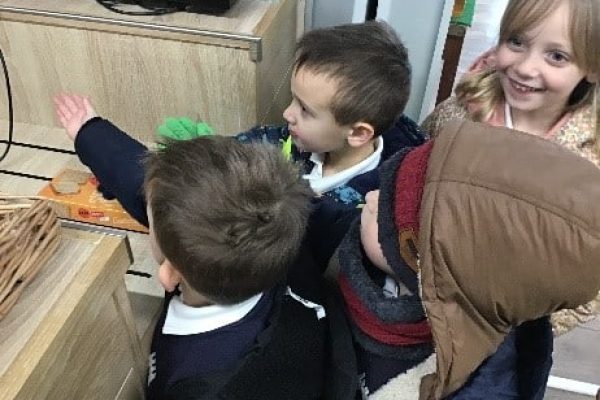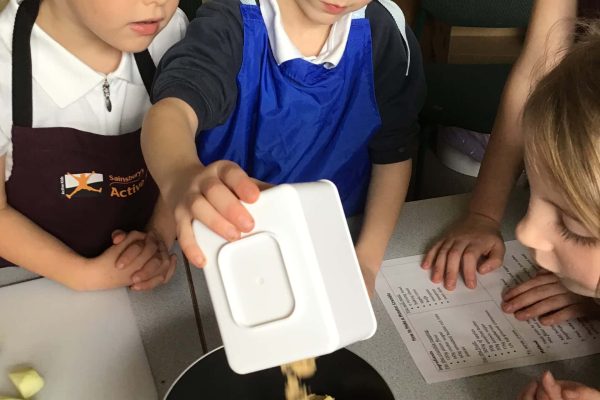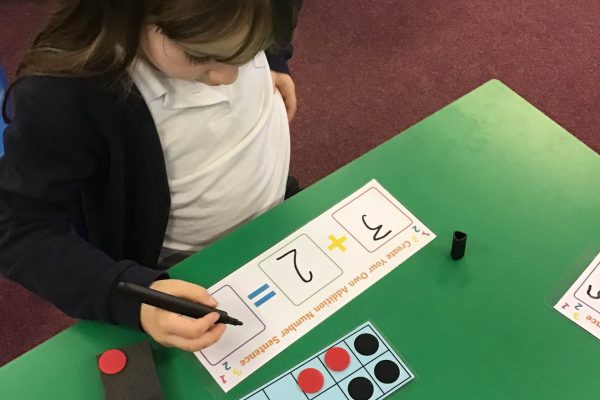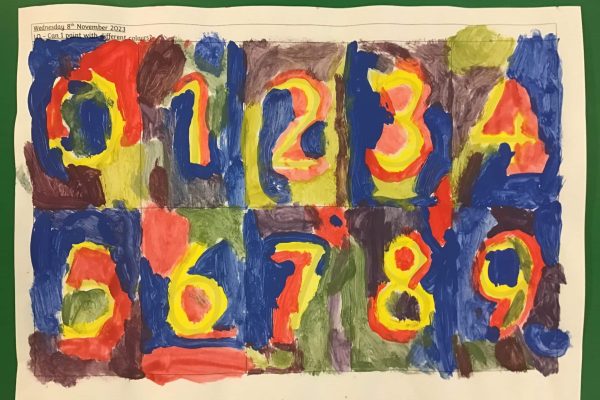Our Maths provision at Marden Primary Academy aims to build a curriculum which develops learning and results in the acquisition of knowledge and skills so that all pupils know more, remember more and understand more.
Main Menu
About Marden Primary Academy
Contact
Main Menu
Information
Main Menu
Learning Zone
Curriculum
Classes
News & Events
Main Menu



